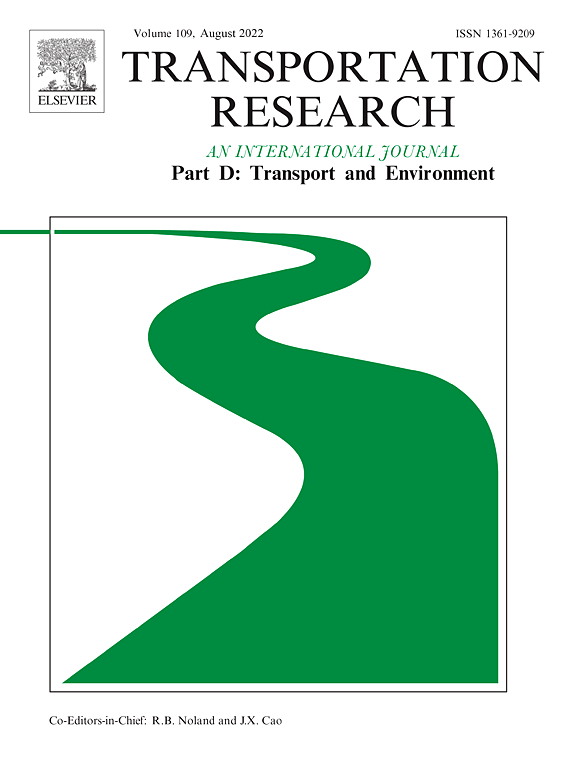
Complete LCA of Battery Electric and Conventional Fuel Vehicles for Freight Trips
Publication Year: 2022
Author(s): Middela MS, Mahesh S, Kancharla SR, Ramadurai G, Perme R, Sripada SK, Devi G
Abstract:
Estimating emissions savings from alternative vehicular technologies is essential to streamlining urban freight transport policy. The authors estimate freight emissions in Chennai, India, using real-world emission factors obtained from onboard emission measurement systems and trip characteristics collected through an establishment survey. India recently enforced Bharat Stage VI (BS-VI) emission standards, and both the central and multiple state governments have introduced battery electric vehicle (BEV) policies. The authors estimate the emission savings with BS-VI vehicles and BEVs for freight delivery to understand potential benefits. The BS-VI vehicles reduce tailpipe CO emissions by 20.3% and HC+NOx emissions by 74.5%. The GHG emission saving in CO2 equivalents with BEVs is 50.3%, which increases with a greener energy mix, improved transmission and distribution efficiency, cleaner battery production, and more lifetime vehicle kilometres. BS-VI adoption can deliver significant emission reduction until BEVs and charging infrastructure scale up.
Source of Publication: Transportation Research Part D: Transport and Environment
Vol/Issue: 110, 103398
DOI No.: 10.1016/j.trd.2022.103398
Country: India
Publisher/Organisation: Elsevier Ltd.
Rights: Elsevier Ltd.
URL:
https://www.sciencedirect.com/science/article/abs/pii/S1361920922002255
Theme: Vehicle Technology | Subtheme: Alternate fuels
Related Documents
Research Papers/Articles

Abstract:
An increase in electricity production from Renewable Energy Sources (RES) requires a consequen... Read More
Research Papers/Articles
Understanding the Emissions Impacts of Large-Scale Vehicle Electrification in India
Published Year: 2021
Abstract:
In an effort to address critical air pollution problems and reduce carbon dioxide (CO2) emissi... Read More
Research Papers/Articles
Assessing the Sustainability Implications of Alternative Aviation Fuels
Published Year: 2021
Abstract:



